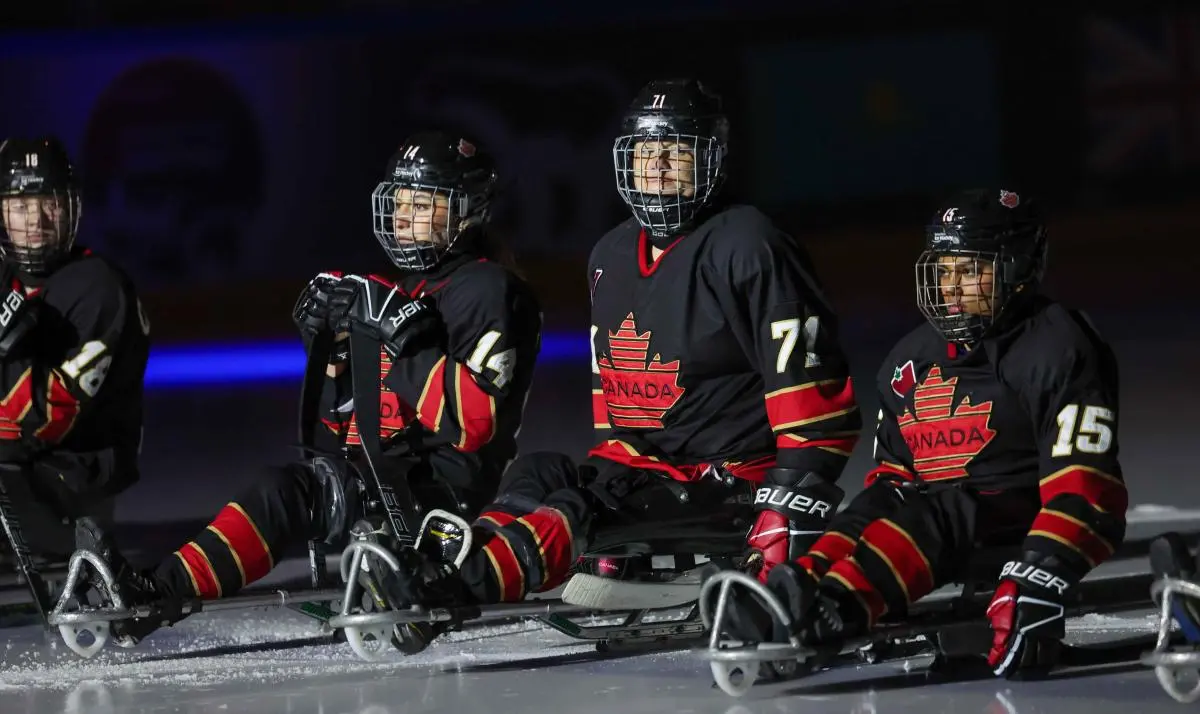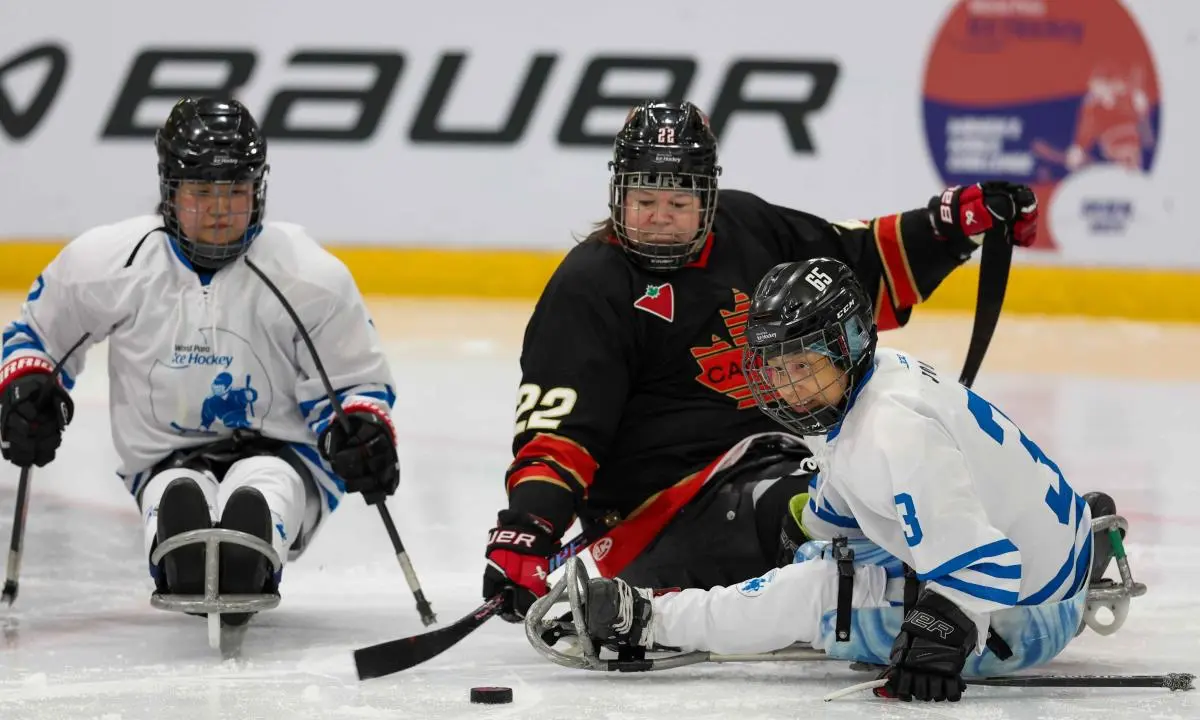
Developing Women’s Para Ice Hockey
In just three years, the number of female players forming part of the global player base grew from one per cent to 20 per cent through a strong vision, dedicated support and a clear pathway both on and off the ice.
Overview

Historically, Para ice hockey lacked opportunities for women with less than one per cent of the global player base prior 2022 being female.
Recognising the urgent need for change, World Para Ice Hockey (WPIH) launched the annual Women's World Challenge to create a dedicated platform for female athletes. This initiative emerged from a commitment to gender equity, inclusion, and the development of sustainable pathways for women in Para ice hockey. The success of the first three Challenges set the stage for the first Women’s World Championships in 2025.
Who was involved?
Key actors included WPIH and community leaders such as Brad Roethlisberger, a former linesperson and current officiating advisor. Inspired by the opportunity to create a women’s event, Roethlisberger established the local organising committee in Green Bay, USA, independently raised all necessary funds, and organised the 2022 and 2023 events. Espen Hegde of the Norwegian Ice Hockey Association volunteered to coach Team World in 2022 and 2023 and served as local organising president in 2024. Citi Bank contributed financially through the PARA SPORT programme.
What was done?
The Women’s World Challenge provided a development-level competition with opportunities for classification, on-ice training, and competitive games.
The event welcomed both national teams and individual athletes. Canada, Great Britain and USA competed in the first three editions. To address the lack of national women’s programmes and meet growing interest, WPIH created continental teams — Team World in 2022–2023, and Team Europe and Team Pacific in 2024. This allowed athletes from countries without established national teams to compete internationally. These athletes were encouraged to return home and use their experience to grow the sport locally. WPIH assigned coaching experts to each continental team and provided the athletes with uniforms.
WPIH used revenue from strategic partnerships to remove financial barriers. Licensing fees were waived; registration costs were reduced to EUR 75 per participant for a full week of training and competition. WPIH also offered financial support for accommodation, ensuring broad participation regardless of economic background.
Beyond on-ice development, classroom sessions were introduced to build sport knowledge among athletes and team staff. Topics included anti-doping, classification, governance, Paralympic Winter Games discipline eligibility, and media training. These sessions aimed to empower participants both on and off the ice and prepare them for future involvement in international competition.
What made it special?
The lasting impact on the global community. It inspired athletes and nations to take action beyond competition. The U.S. team launched a foundation to support others; Canada began collecting and donating equipment to other nations. Rivals became teammates, training and staying connected across borders during the season. The athletes competed not only for medals, but to build a future for the next generation.
What changed?
Female participation grew from less than one per cent to 20 per cent in just three years. National programmes were launched in Australia, Canada, Great Britain, Norway and USA, with several other nations now mobilising. This success led to the first Women’s World Championships in 2025. Many now see a women’s tournament at the 2030 Paralympic Winter Games as an achievable goal.
What was learned?
Many stakeholders struggled to understand that inclusion in the Paralympic Winter Games requires consistent participation and development first. Some teams hesitated to invest without Games status, while WPIH had to show that progress must come before recognition. It pushed WPIH to reflect and evolve its own approach and to invite NPCs to be part of building the future.
Get started
For further information, please contact: info@worldparaicehockey.org



